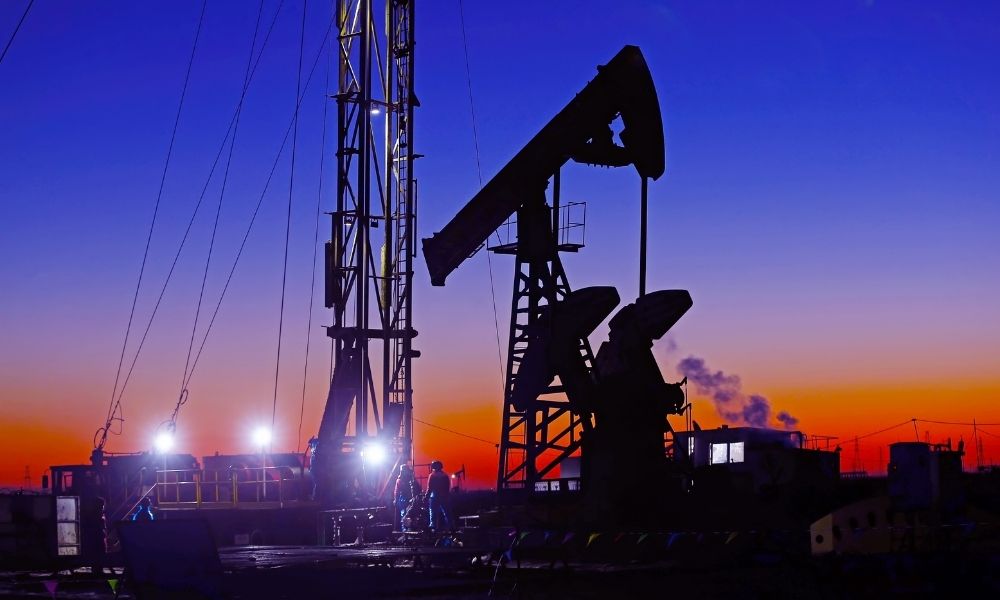
05 Apr How Oil & Gas Companies Are Fighting Climate Change
Now more than ever, the world prioritizes combating climate change. While climate change is a global issue that requires changes in practically every sector of the economy, oil and gas companies are in a key position to influence the lowering of greenhouse gas emissions during production processes.
Oil and gas power the world, so it’s essential for companies to lower emissions, both for the good of the environment and the good of humanity’s modern way of life. Read how oil and gas companies are fighting climate change.
Detecting and Repairing Methane Leaks
Natural gas is the lowest-carbon fossil fuel. Because of its lower content, it’s easier to capture and store carbon from natural gas than from other fossil fuels such as coal. But while natural gas contains lower carbon, its primary component is methane, which has more warming power than carbon dioxide.
Methane emissions often become an issue at the wellhead where gas gets produced. Advancing technology makes it cheaper and easier to identify and repair methane leaks, reducing emissions of this potent greenhouse gas.
Improving Gas Capture
Sometimes sites lack the infrastructure or economic motivation to transport natural gas from the oil well to market, so companies burn, or flare, gas at the wellhead. But flaring contributes to climate change and wastes a resource. Rather than flaring, companies can capture the gas, preventing its release into the atmosphere.
Currently, scientists and engineers are developing new technologies to help make gas capture easier. One example is a portable unit that can convert natural gas to safer, marketable goods like hydrogen and solid carbon. Further developing and following best practices for gas capture will help decrease harmful emissions, making this process a valuable way that oil and gas companies are fighting climate change.
Using Better Equipment
By making changes on the worksite, oil and gas companies can reduce their operational emissions. Better equipment leads to greater efficiency, which leads to a lower carbon footprint. And better equipment has the added benefit of improving working conditions.
Companies can make an easy and impactful change by upgrading their oil field lighting. The Crown Jewel™ Light system from C-MOR™ Energy Services doesn’t require an external generator and has reduced CO2 emissions. Because it’s lighter than the average light system, transporting it requires less fuel. These beneficial differences show that oil and gas companies can reduce their carbon footprint and improve their work processes by upgrading their equipment.


